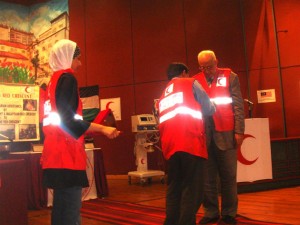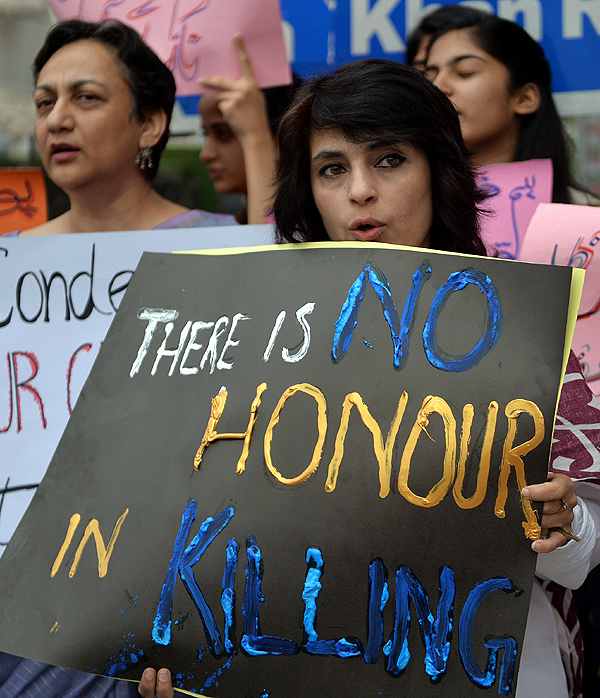Humanitarian Assistance (Part 2)
Thursday, January 12th, 2012 10:08:54 by Sajjad Hussain
All the same, economic aspect of humanitarian aid plays a vitally important role in shaping the course of conflict. Aid can also provide a stimulus for the continuation of conflict, for example, by paying relatively high wages to local people employed by
international aid agencies.
Imported food aid can undermine the local economy and make agriculture less profitable. For example, when no local economy exists, food aid is the only means of providing food to civilians, non-combatants and internally displaced persons.
The global economy tends to impact the aid work significantly. For instance, decline in global economic activity not only contribute to the failure of businesses, it can also lead to reduction of consumer wealth.
Similarly, humanitarian aid that is provided to only one side of the conflict can increase tensions and competition between the parties. Aid can also create incentives for the continuation of conflict.
Afghan Jihad and subsequent civil war unfold a tale of blatant violations of International Law. Aid flowing in the country might have gone to the majority group.
All this support was to the detriment of minority groups that led to massive frustration. It is this unjust distribution of aid that compels the disenchanted and disgruntled group to take recourse to violent means to have their demands met. When frustration
rises, the protection for aid agencies becomes increasingly eroded.
They are seen, or wrongly perceived, as part and parcel of enemies. Pertinent to mention here is that recently, attacks on humanitarian aid workers have become widespread in an attempt from the armed groups to gain control over the relief supplies.
Furthermore, funding, access and security for humanitarian organisations have been and continue to be insufficient to provide adequate support for the people in conflict zones. Humanitarian workers regularly face checkpoints, road blocks, extortion, car-jacking,
a lack of acceptance of the impartial nature of their assistance, and various other bureaucratic impediments amongst Government authorities.
These obstructions hamper humanitarian access, travel and supplies. Furthermore, there have been many attacks focussed on humanitarian workers from armed insurgent groups. Many aid workers have also been victims of killings, roadside bombs, abductions, and
harassment. Unfortunately, even those fleeing the lawless areas remain vulnerable in the camps.
Concluded!
Tags: Afghan Jihad, AfghanistanShort URL: https://www.newspakistan.pk/?p=8965

















